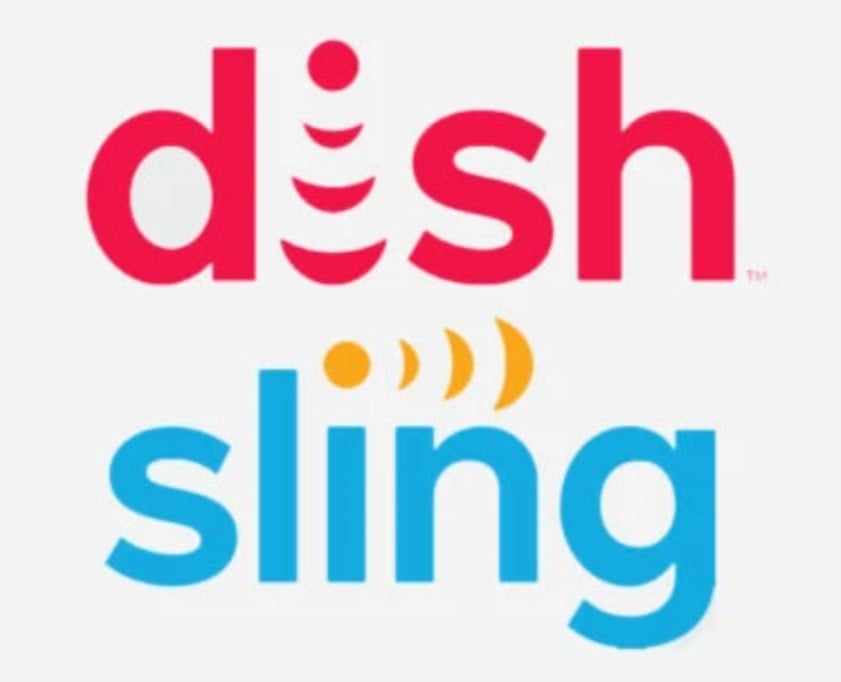
DirecTV may once again on the chopping block at AT&T. Merging the troubled satellite provider with Dish was once a prevailing plan, but it may no longer make sense.
Late last week, the Wall Street Journal reported that AT&T is once again looking into a deal to offload DirecTV, which lost another 846,000 subscribers in the second quarter, according to Leichtman Research Group. It’s an idea that’s been floated before and one that has often been framed as an asset combination with Dish.
Apollo, one of the private equity firms tied to new rumors about a DirecTV divestiture, last year proposed creating a new company and having AT&T offload DirectTV to the new company. Then, Dish Network would sell itself to the new company. The entire deal would have been financed by Apollo, and AT&T would have maintained control of this new company as a majority owner.
Dish Chairman Charlie Ergen has repeatedly referred to a DirecTV-Dish Network merger as “inevitable,” although he can’t say for sure when it will happen. “Is it one month from now or two years from now? I don’t know,” he said during his company’s latest earnings call.
However, according to CNBC’s David Faber, there is “no way” that AT&T is going to negotiate with Dish on a DirecTV deal, and there seem to be many logical reasons why AT&T is avoiding Dish.
DirecTV’s subscriber base is evaporating at an alarming rate that stands out even amid the secular declines within the U.S. pay TV industry. Dish Network’s satellite business is dwindling, too, and MoffettNathanson analyst Craig Moffett said that a combined DirecTV-Dish wouldn’t fare much better.
"DirecTV’s subscriber base is declining at the astounding rate of 18 percent year-over-year. And earnings before interest, taxes, depreciation and amortization (EBITDA) is, similarly, falling in the high teens as of last quarter...Even merged with Dish, pro forma subscriber losses for the two combined would be running at 15 percent per year,” he wrote in a research note.
There’s also the question of regulatory approval for a DirecTV-Dish merger. Bloomberg’s Tara Lachapelle pointed out that now may be the best time considering the current U.S. Justice Department and FCC signed off on the Sprint-T-Mobile merger and “opened the door to other mergers between direct rivals in highly concentrated markets.” However, that window may not be open for much longer depending on what happens with the presidential election in November.
Other factors could potentially make it easier for a DirecTV-Dish deal to get approved, although it may end up being a double-edged sword.
Moffett wrote in a recent research note that Congress is likely to pump a lot of funding into infrastructure to help stimulate the economy, which will help connect many underserved Americans with broadband and could shrink Dish Network’s reliable rural video subscriber base by widening the addressable market for OTT services.
“Ironically, bringing broadband to more of rural America might actually make it easier to get regulatory approval for a Dish/DirecTV merger; recall that the biggest impediment to a merger in 2002 was the 2:1 nature of the combination in rural markets,” wrote Moffett. “But it would make a merger that much harder to finance. Without the defensible rural segment to fall back to, there would be no floor, and no future, for satellite TV.”
"dish" - Google News
September 04, 2020 at 03:23AM
https://ift.tt/2EVN1On
Deeper Dive—A DirecTV-Dish Network merger may no longer make sense - FierceVideo
"dish" - Google News
https://ift.tt/2MXZLF4

No comments:
Post a Comment